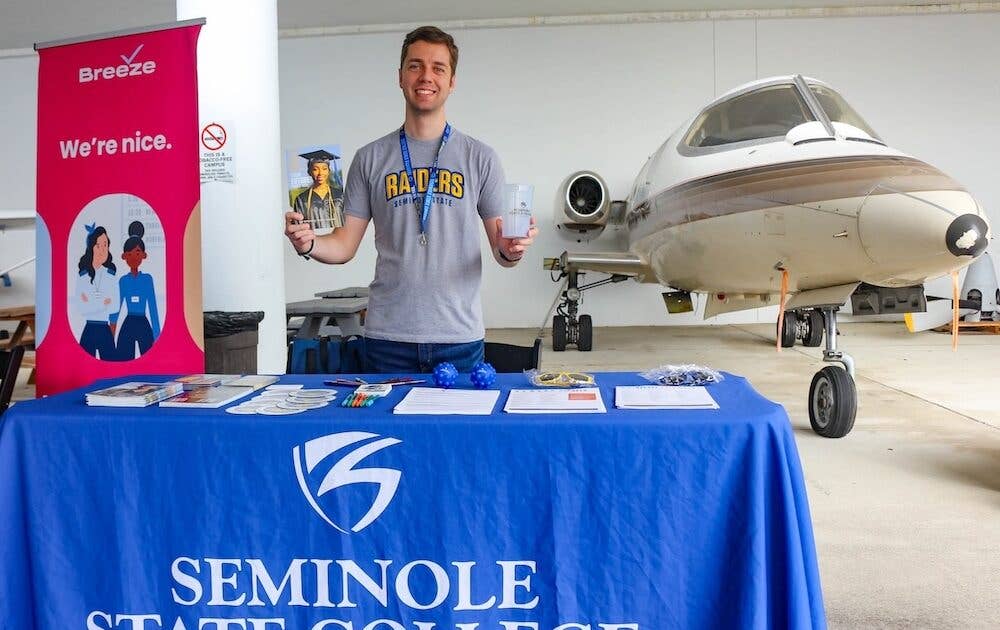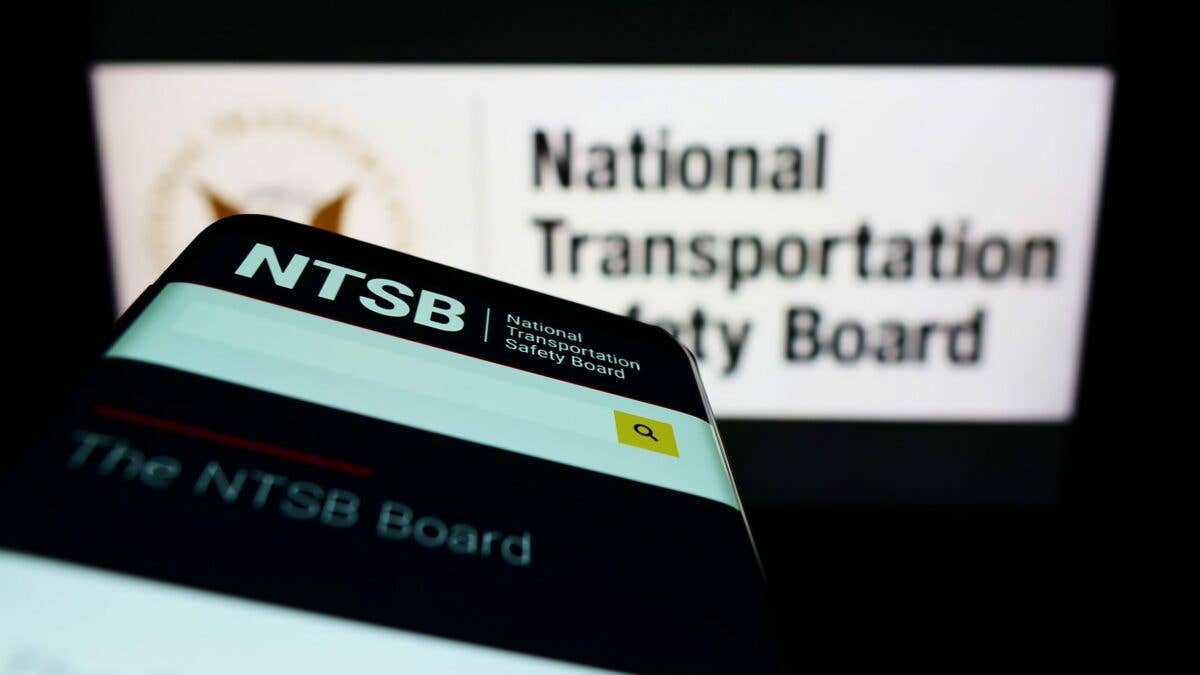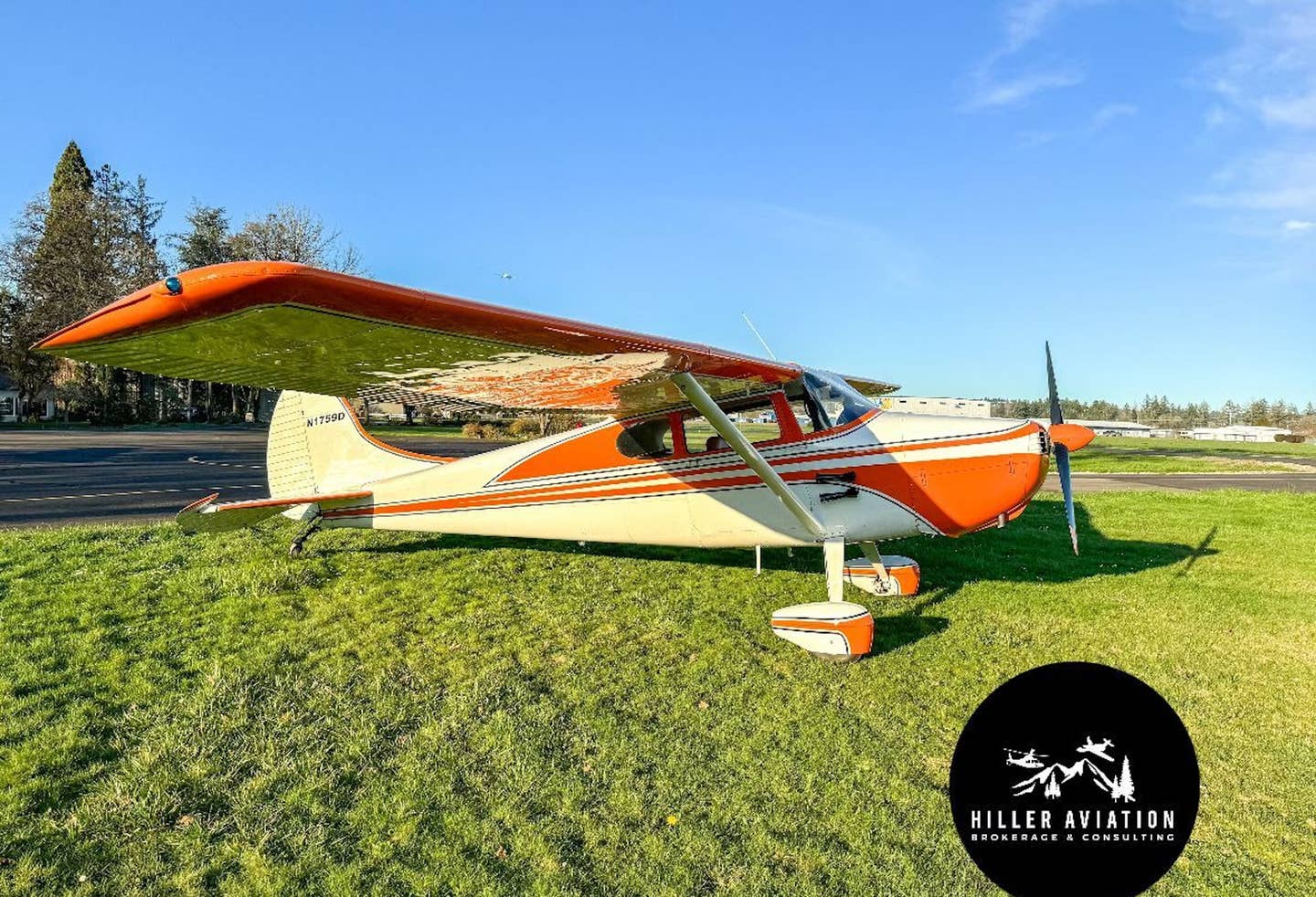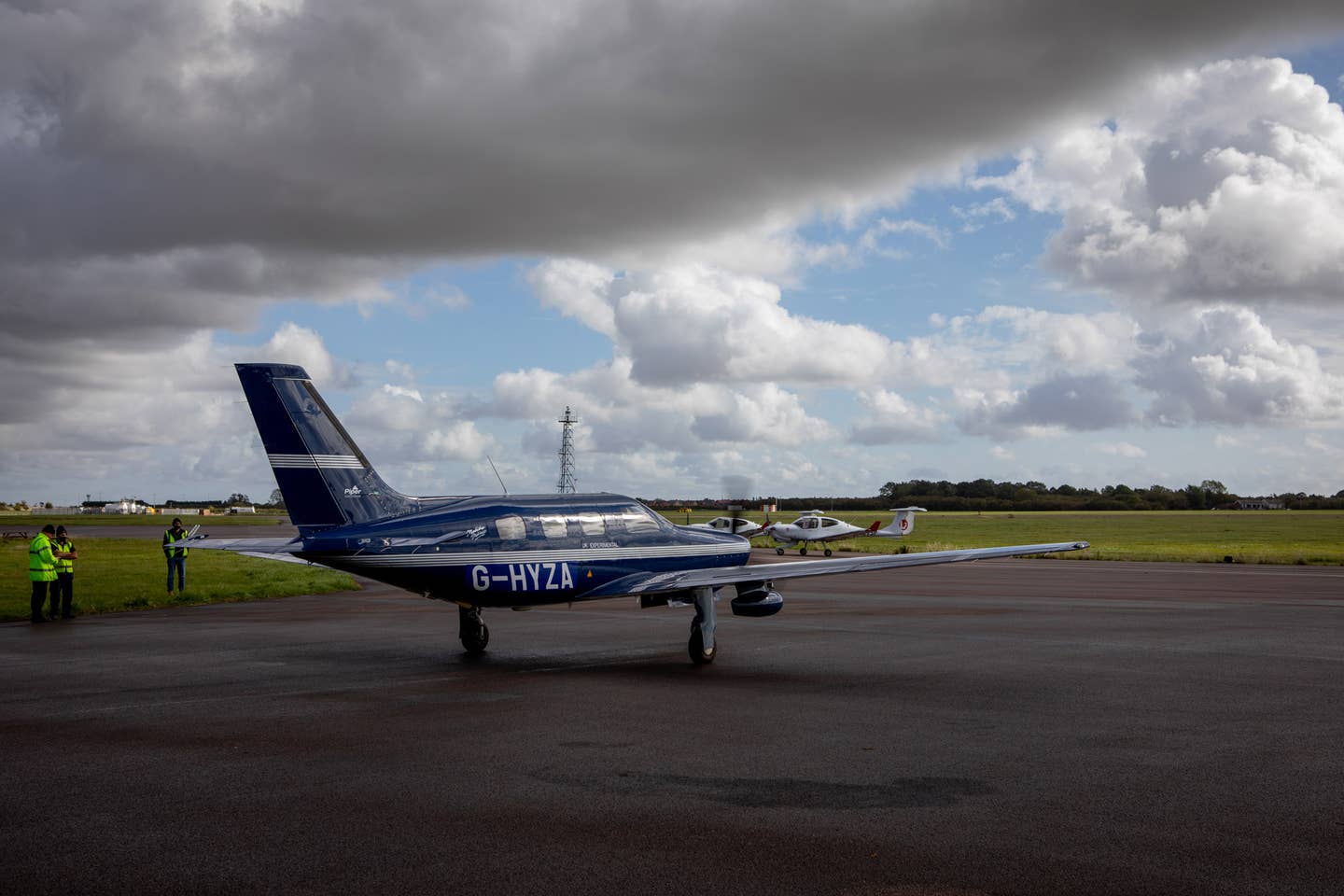How to Get Your First Pilot Job
Like many other professions, preparation and luck play a big role.
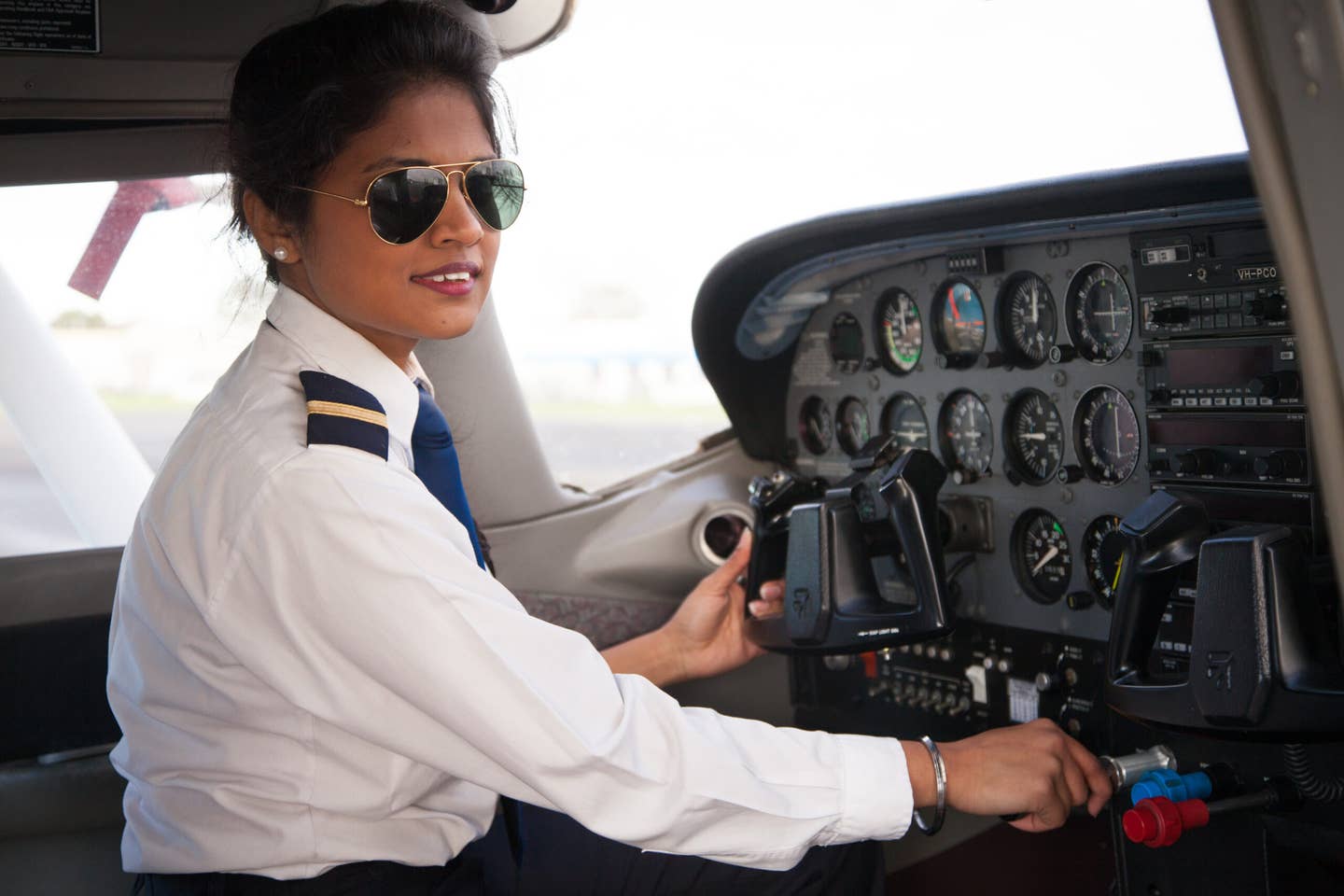
[File photo: Adobe Stock]
Q: How Do You Get Your First Pilot Job?
A: Presuming you meet the qualifications for the job you are seeking, you get your first flying job by being at the right place at the right time, knowing the right person—and it's the right fit. Networking is key in the aviation community.
For most entry-level pilot jobs, you need to have a commercial certificate. The exception is towing gliders, which can be done with a private pilot certificate, provided you have at least 100 hours as pilot in command. A commercial certificate allows you to be legally employed by someone else. Low-time jobs include banner towing, pipeline patrol, and flight instructing.
If you show up with both a CFI and CFI instrument certificate in hand, you instantly become more valuable to your potential employer. Be prepared to teach a ground school or provide specialized training such as tailwheel—find a niche that a school needs filled.
Very often, getting your first CFI job is a matter of walking in the door with your résumé in hand—or having someone you know walk it in for you. Be selective. If the CFIs or line crew tend to leave for jobs at other flight schools, that is a red flag.
Do your research on the business. Know what they do, how they do it, and be ready to explain why you want to work there more than “I want hours to go to the airlines.”
When you have a face-to-face meeting with the chief pilot or the person who makes the hiring decisions, pay attention to body language and how you are treated. Yes, you want this job, but if that person barely glances at your résumé, is passive-aggressive, or keeps you waiting for 45 minutes past the appointment time, do you want to work for them?

Sign-up for newsletters & special offers!
Get the latest FLYING stories & special offers delivered directly to your inbox


